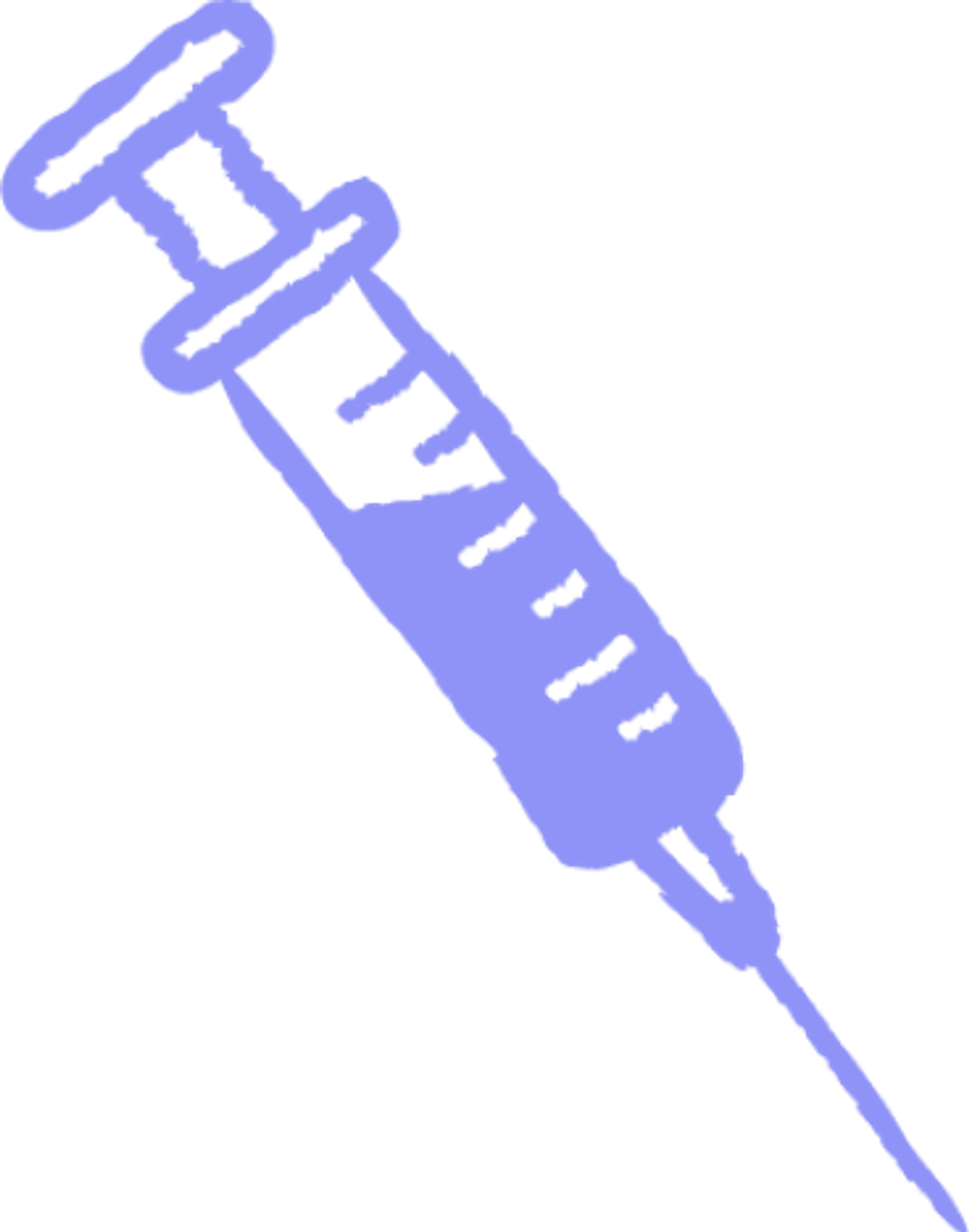New Donor?
Thank you for your interest in becoming an Olgam Life donor! You are welcome to stop by at any time, no appointment necessary.
Just be sure to bring:
1. Your current, unexpired ID
2. Proof of address within 50 miles of a center (a piece of mail or a bill with your full name and address will do)
3. Your social security card or a tax document with your full name and SSN displayed
The center will help you complete a health questionnaire and conduct a quick physical to determine your eligibility. After each successful donation, you will be paid between $50-$60 in NYC and between $50-$140 in Florida.
We hope to see you soon!
When Can and When Can’t You Donate Plasma?

Plasma donation is an act of kindness that can save a life. If you choose to donate to a center like Olgam Life, you’ll also be rewarded with instant payments for each donation you make. If those aren’t reasons enough to make your way to your closest Olgam Life center, we don’t know what is.
Any respectable plasma donation center puts the health of its donors before anything else. The donors are the essential foundation of any plasma donation operation. Without them, it simply wouldn’t be possible to provide patients with much-needed therapies.
Our screening process ensures you only donate when it’s totally safe and healthy for you to do so. But it’s always useful to know in advance so you can prepare. Here’s when you can and can’t donate plasma.
Who can donate plasma?
A donor must meet certain requirements that indicate they are healthy enough and can consent to donate plasma. These criteria are generally the same in plasma donation centers across the US. At Olgam Life, we ask for the following.
Be 18 years or older
Weigh 110 lb (50kg) at least
Pass all our medical screenings
Fill in our questionnaire about your health and other details
Because of how donating plasma works, it’s less demanding of the body, meaning fewer side effects than if you made a whole blood transfusion. When you donate plasma, your remaining blood components are returned to your body, while we only keep your plasma.
Read our FAQs about donating plasma to find out other important information before you donate.
Who can’t donate plasma?
You cannot donate plasma if you don’t meet the requirements above. When it comes to your health, there are a few circumstances that will exclude you from donating. Namely, these are transmissible blood-borne diseases that could put donor recipients at risk or diseases that would put the donor's health at risk if they lost some of their plasma.
You might also be exempt from donating plasma if you’ve been in certain situations or had procedures that deem you more likely to have infections or diseases.
If you’ve been excluded from a donation by any other registered plasma donation center.
If you’ve ever been diagnosed with or had treatment for HIV and/or Hepatitis B or C.
If you've ever been in sexual contact with someone who is HIV-positive.
If you’ve had an organ or bone marrow transplant.
I’ve you’ve had issues to do with the heart, liver, lungs, or kidneys.
If you’ve ever been exposed to animal organs, cells, or tissues during a medical procedure.
If you take blood-thinning medication.
If you have a history of anemia.
If you spent six months or more in the United Kingdom between 1980 to 1997.
The FDA Requirements for Blood and Blood Components Intended for Transfusion or for Further Manufacturing Use detail every health exemption which prevents someone from donating plasma.
Read our articles on plasma donation.
The Ultimate Guide to Plasma Donation
A Guide for What Plasma Donations Are Used for
When Did Plasma Donation Start in the US?
What Is the Difference Between Blood Donation and Plasma Donation?
Are there times when otherwise eligible donors can’t donate plasma?
Sometimes you’ll need to wait a certain amount of time before you can donate again. Here are the situations when you need to wait before your next donation. You may need to provide proof or undergo a test to ensure you can donate afterward.
If you’ve been deferred by any other registered plasma donation center.
If your last donation of plasma was too recent. At Olgam Life, donors must wait for a minimum of 24 hours between each donation and can only donate twice in a seven-day period.
If you’ve donated a double unit of red blood cells in the last four months.
If you’ve had Covid-19, you must wait a minimum of 28 days after a negative test before donating plasma.
If you’ve had treatment for gonorrhea or syphilis in the last three months.
If you’ve been in sexual contact with a sex worker or someone who is paid for sex in the last three months.
If you’ve injected or had sexual contact with someone who injects drugs or steroids that are not prescribed by a doctor in the last three months.
If you’ve been in prison or another similar detention for 72 consecutive hours in the last 12 months.
If you’ve been pregnant in the last six weeks.
If you’ve had a blood transfusion in the last three months.
If you’ve had a tattoo or piercing in the last three months that wasn’t done in a licensed facility.
If you do not pass the following health checks, you may be asked to come back at a later date.
A temperature of 99.5°F or under
A systolic blood pressure of 90 mm to 180 mm and diastolic blood pressure of 50 mm to 100 mm.
A pulse between 50 and 100 BPM
An adequate hemoglobin value and hematocrit level. This differs across men and women. The FDA advises the following:
“Female allogeneic donors must have a hemoglobin level that is equal to or greater than 12.5 grams of hemoglobin per deciliter of blood, or a hematocrit value that is equal to or greater than 38 percent. Recognizing that lower levels are also within normal limits for female donors, you may collect blood from female allogeneic donors who have a hemoglobin level between 12.0 and 12.5 grams per deciliter of blood, or a hematocrit value between 36 and 38 percent, provided that you have taken additional steps to assure that this alternative standard is adequate to ensure that the health of the donor will not be adversely affected due to the donation, in accordance with a procedure that has been found acceptable for this purpose by FDA.
(B) Male allogeneic donors must have a hemoglobin level that is equal to or greater than 13.0 grams of hemoglobin per deciliter of blood, or a hematocrit value that is equal to or greater than 39 percent.”
In situations where you’re not healthy enough to donate plasma, for example, if your hematocrit levels are too low, you’ll be turned away until you’re healthier. A low hematocrit level could be easily fixed by ensuring your diet is rich in iron-based foods.
Read our article What to Do and Not Do Before Donating Plasma? Or learn how to make sure your body is in top condition to donate plasma as frequently as you wish.
Get in touch today if you have any questions about donating. When you’re ready, we’ll welcome you to your nearest center.
















